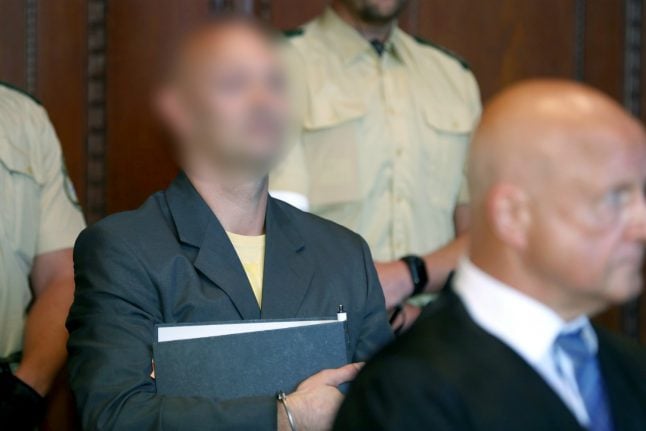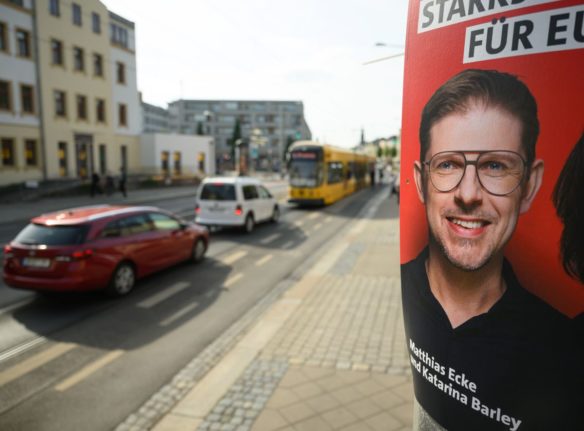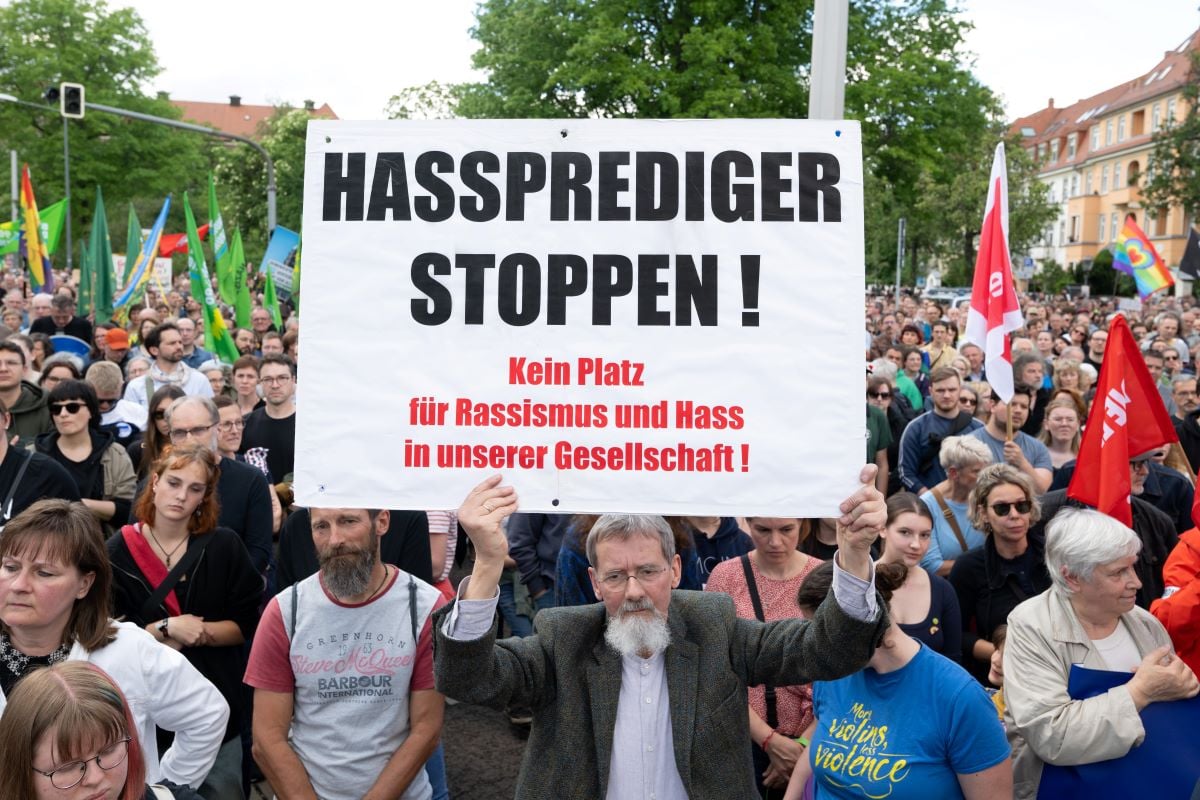When special forces officers arrived at Wolfgang P.’s front door in the tiny Bavarian town of Georgensgmünd in October last year, the 49-year-old was already waiting for them, prosecutors at the trial in Nuremberg state court allege.
He was already armed with a loaded rifle, was wearing a bullet proof vest and had taken up position behind a wall inside his house. Through the glass panes of his door he could see the officers arriving, but waited until as many as possible were standing directly outside, according to the prosecution. Then he began shooting, firing eleven rounds in total.
Three officers were wounded in the hail of bullets. One would die later in hospital.
Prosecutors allege that it was Wolfgang's intention to kill as many officers as possible. He now faces a murder charge, plus charges of attempted murder and grievous bodily harm.
The 49-year-old is reportedly a member of the so-called Reichsbürger, a collection of conspiracy theorists who reject Germany in its modern democratic form.
Wolfgang P. was a hobby hunter who possessed more than 30 weapons, but Bavarian authorities decided in summer 2016 that he was no longer mentally fit to hold a gun licence.
The special forces operation came after Wolfgang P. repeatedly refused to let regular police onto his property over the preceding weeks.
After the attacks, domestic spy chief Hans-Georg Maassen said his service worried about the Reichsbürger movement's “considerable propensity for violence and increased aggressiveness”.
Police have since carried out a series of raids against suspected Reichsbürger, seizing arms and making several arrests.
In June, Germany's national and regional interior ministries said anyone who identifies as a Reichsbürger should be barred from possessing a weapon.




 Please whitelist us to continue reading.
Please whitelist us to continue reading.